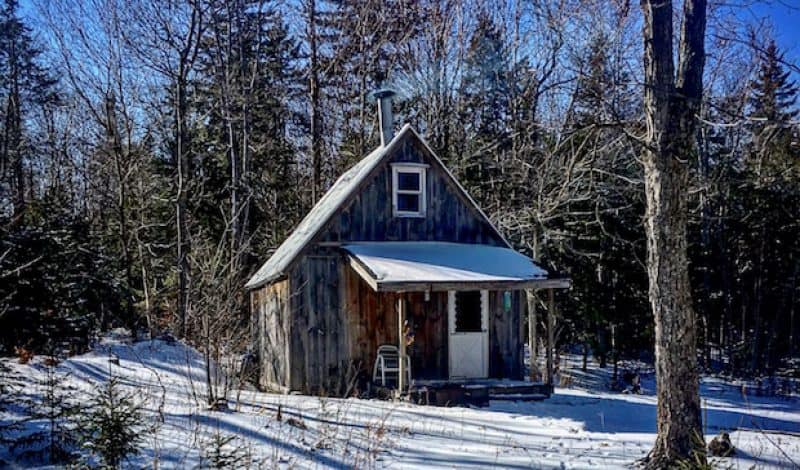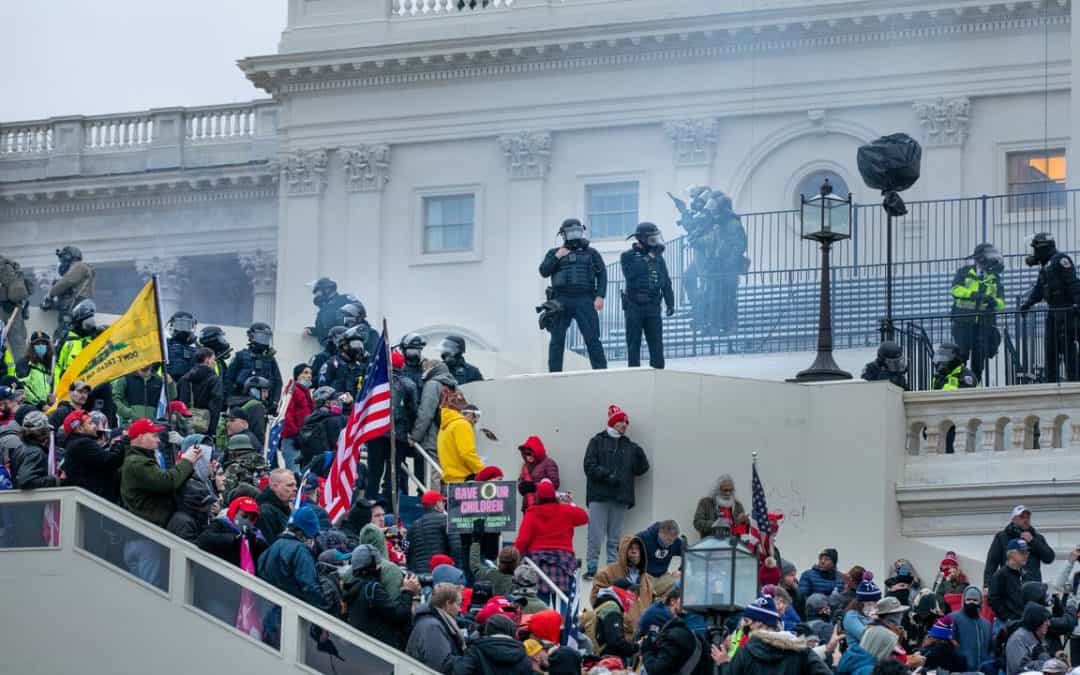Irish Wit
Irish Wit
The Irish have their own way of seeing the world. The American poet Marianne Moore said as much in six words. “I’m troubled. I’m dissatisfied. I’m Irish.”
Frank McCourt said the same, but in more words, on the first page of his memoir, Angela’s Ashes.
“It was, of course, a miserable childhood: the happy childhood is hardly worth your while. Worse than the ordinary miserable childhood is the miserable Irish childhood, and worse yet is the miserable Irish Catholic childhood.
“People everywhere brag and whimper about the woes of their early years, but nothing can compare with the Irish version: the poverty, the shiftless loquacious alcoholic father; the pious defeated mother moaning by the fire; pompous priests; bullying schoolmasters; the English and the terrible things they did to us for eight hundred long years.”
Perhaps the Irish did have it worse than other people, and it soured their slant on the world. Yet, certain of them learned how to turn their desperate misery into words full of fun, wit, and charm.
George Bernard Shaw said: “He knows nothing; and yet he thinks he knows everything. That points clearly to a political career.” “If you cannot get rid of the family skeleton, you may as well make it dance.” “My way of joking is to tell the truth. It’s the funniest joke in the world.”
Oscar Wilde said: “True friends stab you in the front.” “Always forgive your enemies. Nothing annoys them so much.” “Marriage is the triumph of imagination over intelligence. Second marriage is the triumph of hope over experience.”
Brendan Behan tried to describe a hapless, out-of-luck Irishman. “If it was raining soup, he would go outside with a fork.”
W. B. Yeats said, “Being Irish, I have an abiding sense of tragedy, which sustains me through temporary periods of joy.” For Yeats, tragedy is a given, a constant, but the joy is fleeting.
In a nod to the English bard William Shakespeare, the Irish writer Sean O’Casey said, “All the world’s a stage, and most of us are desperately unrehearsed.” He also said, “The Irish people treat a joke as a serious thing, and a serious thing as a joke.”
An anonymous Irish writer once observed, “Long ago, when men cursed and beat the ground with sticks, it was called witchcraft. Today it’s called golf.”
In addition to witty sayings, the Irish collect their own proverbs, first in Gaelic and then in English.
“It is not the big mansion that makes the happy home.” “Home sweet home, and the fire is out.” “Sweep the corners, and the middle will sweep itself.”
“The worse luck now, the better again,” an observance that luck and misfortune run in cycles.
For medicine, the Irish suggest, “Diet cures more than the doctor.” “Sleep is better than medicine.”
And for two people fond of each other, “There’s no cure for love but marriage.”
Frank McCourt grew up in Limerick, Ireland, on Ireland’s west coast, where the rain never gives up, and yet a limerick is also an Irish poem, composed of five lines. The first two rhyme with each other, the second two rhyme with each other, and the fifth line rhymes with the first two lines.
Bill Kurtis, the announcer on NPR’s show, Wait Wait . . . Don’t Tell Me, reads all but the last word of the fifth line of a limerick, and then asks a contestant to guess it. For example, last Saturday, he read:
“My sheets are as crisp as they get. / And there’s no signs of mold as of yet. / Before laundry’s complete, / I just take out the sheet, / And I make up my bed while they’re _____.”
The contestant Lauren Pott, from Long Beach, California, guessed “wet,” the correct answer.
America is richer because of the massive numbers of Irish who fled their green island in the mid-nineteenth century because of the blight that killed off their potato crop four years in a row, and caused a famine that killed an estimated one million people. Fortunate were the ones who left before starving.
Frank McCourt finishes his memoir with his first night in America, just after World War II ended, when still in his late teens, after he bought a ticket on a steamer, to leave Ireland, and migrate to New York City. He is still on the boat, anxious to begin a new life in America. He writes,
“I stand on the deck with the Wireless Officer looking at the lights of America twinkling. He says, that was a lovely night, Frank. Isn’t this a great country altogether?”
A memoir of a desperate and miserable childhood, witty remarks, proverbs, limericks. The Irish do have a wonderful way with English words.




